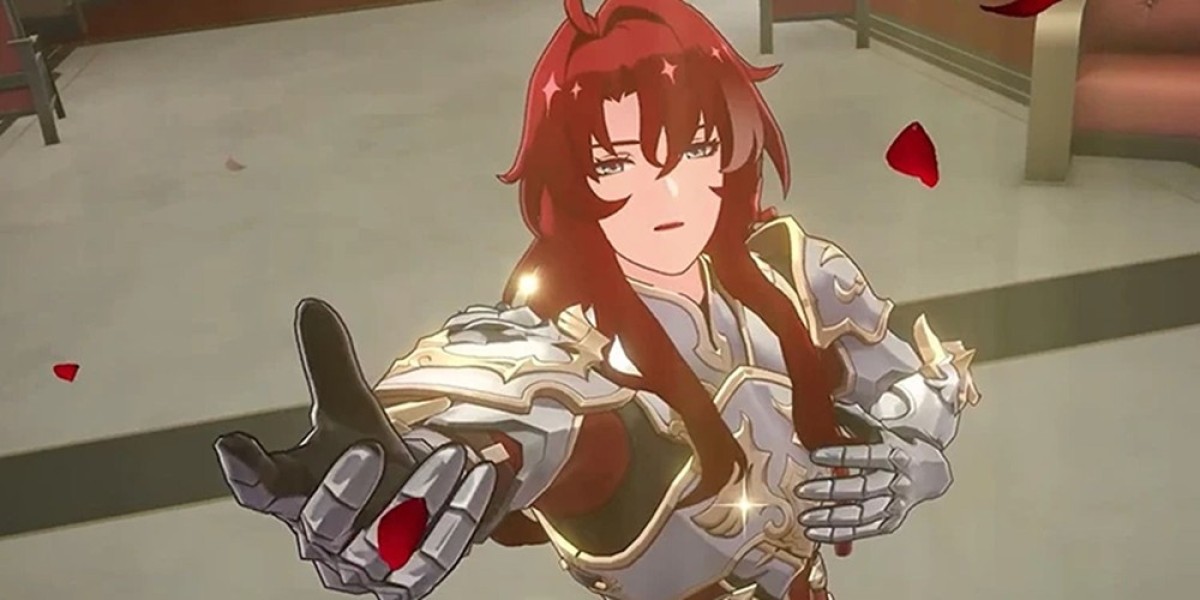Introduction:
In September 2014, the streets of Hong Kong became a battleground for a pro-democracy movement that captured the world's attention. Tens of thousands of protesters, mostly young students, took to the streets in what later became known as the Umbrella Movement. They rallied against Beijing's decision to tightly control the city's 2017 election, demanding genuine universal suffrage. This event marked a turning point in Hong Kong's history, sparking months of protests and becoming a symbol of the fight for democratic rights and autonomy.
Description:
The 2014 Hong Kong protests began as a peaceful sit-in outside the government headquarters in Admiralty. Thousands of protesters set up tents and erected barricades, equipped with umbrellas to protect themselves from pepper spray and tear gas. Social media played a crucial role in mobilizing and organizing the protesters, with the hashtag #OccupyCentral trending worldwide.
As the movement gained momentum, the demonstrations spread to other parts of the city like Mong Kok and Causeway Bay. The protesters demanded that the Hong Kong government withdraw the restrictive election system proposed by Beijing and implement universal suffrage, allowing citizens to choose their Chief Executive through free and fair elections.
The pro-democracy movement garnered international attention, and support poured in from various corners of the globe. Celebrities, politicians, and citizens worldwide expressed solidarity with the Hong Kong protesters, calling for governments and world bodies to put pressure on China to respect democratic values.
Despite the peaceful nature of the protests, tensions escalated when clashes erupted between the demonstrators and the police force. The police used tear gas, pepper spray, and batons to disperse the crowds, leading to public outrage and strengthening the resolve of the protesters. The confrontations made headlines globally, with images of umbrellas shielding pro-democracy activists becoming a symbol of resistance.
As the months dragged on, the scale of the protests began to dwindle, but the movement's legacy endured. While the protesters may not have achieved immediate political change, their demonstrations raised awareness of the desire for universal suffrage in Hong Kong and highlighted the importance of protecting democratic principles. The Umbrella Movement remains a significant chapter in the ongoing struggle for democracy in the region.
Conclusion:
The 2014 Hong Kong protests, also known as the Umbrella Movement, represented a powerful display of people's voices demanding democratic rights and autonomy. Thousands of protesters, predominantly young students, took to the streets to denounce Beijing's restrictions on Hong Kong's election system. Though the protests did not achieve immediate political change, they sparked global attention and showcased the determination and resilience of the pro-democracy movement. The legacy of the Umbrella Movement lives on, serving as a constant reminder of the fight for democracy and the aspirations of the people of Hong Kong.







